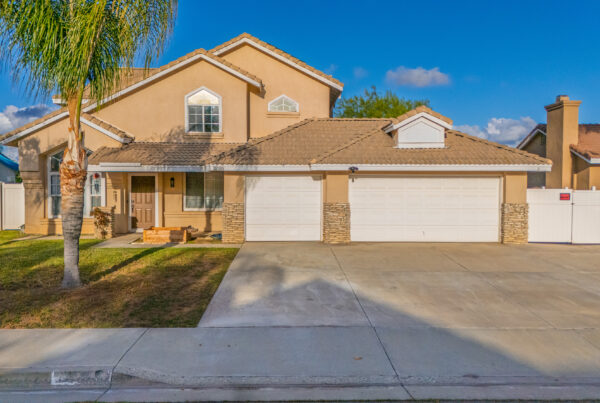Introduction to HOA Insurance
Homeowners Associations (HOAs) play a pivotal role in managing and maintaining communities, ensuring the well-being of their residents and the upkeep of common areas. One crucial aspect of safeguarding the interests of an HOA is the acquisition of a General Liability Insurance Policy. This document explores the key considerations and best practices that an HOA should be mindful of when obtaining General Liability Insurance.
Understanding General Liability Insurance
General Liability Insurance provides coverage for third-party bodily injury, property damage, and personal injury claims arising from the operations of an HOA. It serves as a financial safety net, protecting the association from potential legal and financial liabilities.
Assessing the Needs of the HOA
- Community Size and Activities:
– Evaluate the size and activities within the community. Larger communities or those with extensive amenities may require higher coverage limits.
- Common Areas and Amenities:
– Identify common areas and amenities, such as swimming pools, gyms, and parks. Ensure that these areas are adequately covered to protect against accidents or injuries.
- Contractual Obligations:
– Review all contracts with vendors, contractors, and service providers. Verify that the insurance policies of these entities align with the HOA’s coverage needs.
Key Coverage Components
- Bodily Injury and Property Damage:
– Ensure the policy provides coverage for bodily injury and property damage claims. This is crucial in the event of accidents or injuries that occur on common property.
- Personal and Advertising Injury:
– Evaluate coverage for personal and advertising injury, including libel, slander, and wrongful eviction claims. This protects the association from potential legal actions stemming from these issues.
- Medical Payments:
– Include coverage for medical payments to third parties for injuries that occur on the association’s property. This can help settle minor injury claims without resorting to legal action.
- Legal Defense Costs:
– Confirm that the policy covers legal defense costs. This is essential for protecting the HOA’s financial resources in the event of a lawsuit.
Limits and Deductibles
- Adequate Coverage Limits:
– Determine appropriate coverage limits based on the HOA’s size, activities, and potential risks. Consult with insurance professionals to assess the optimal coverage amounts.
- Affordable Deductibles:
– Balance the deductible amount with the association’s financial capabilities. While higher deductibles may lead to lower premiums, ensure that the deductible remains manageable in the event of a claim.
Additional Considerations
- Claims History:
– Provide insurers with the HOA’s claims history. A good claims history can result in lower premiums and more favorable policy terms.
- Risk Management Practices:
– Implement robust risk management practices to minimize the likelihood of claims. Insurers often appreciate proactive measures taken by associations to prevent potential liabilities.
- Insurance Carrier Reputation:
– Research and choose reputable insurance carriers with experience in providing coverage for HOAs. Read reviews, seek recommendations, and evaluate the carrier’s financial stability.
Working with Insurance Professionals
- Insurance Broker Selection:
– Engage with an experienced insurance broker specializing in community associations. A knowledgeable broker can navigate the complexities of HOA insurance and tailor coverage to the association’s specific needs.
- Policy Review:
– Thoroughly review policy terms, conditions, and exclusions. Seek clarification on any ambiguous language and ensure that the policy adequately addresses the association’s unique risks.
Conclusion
In conclusion, securing an appropriate General Liability Insurance Policy is paramount for Homeowners Associations. By understanding the specific needs of the community, selecting comprehensive coverage, and working closely with insurance professionals, HOAs can mitigate potential risks, protect their financial assets, and ensure the well-being of their residents. A proactive approach to insurance is an integral part of responsible governance within homeowners associations.
Contact Us for assistance with your HOA needs.


